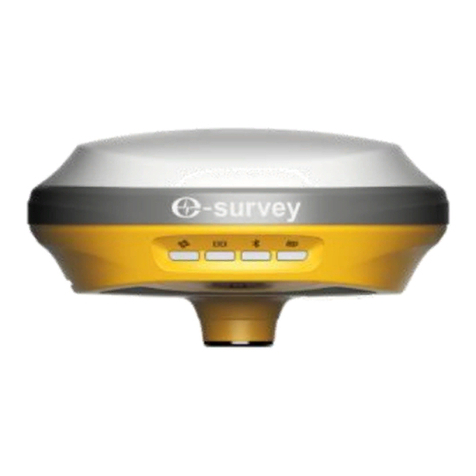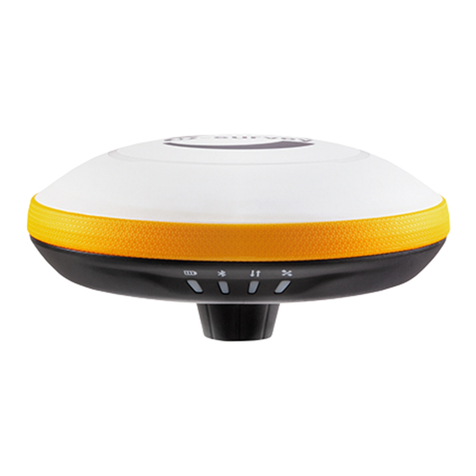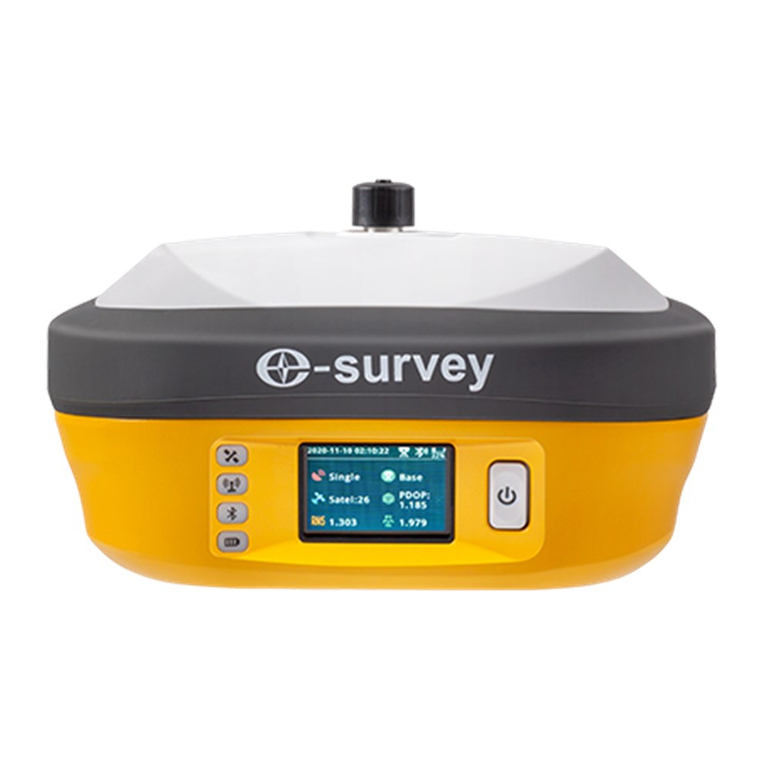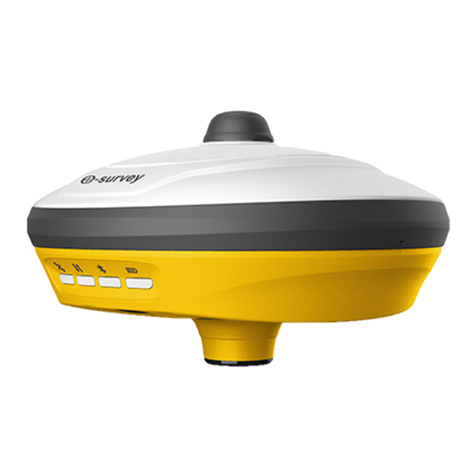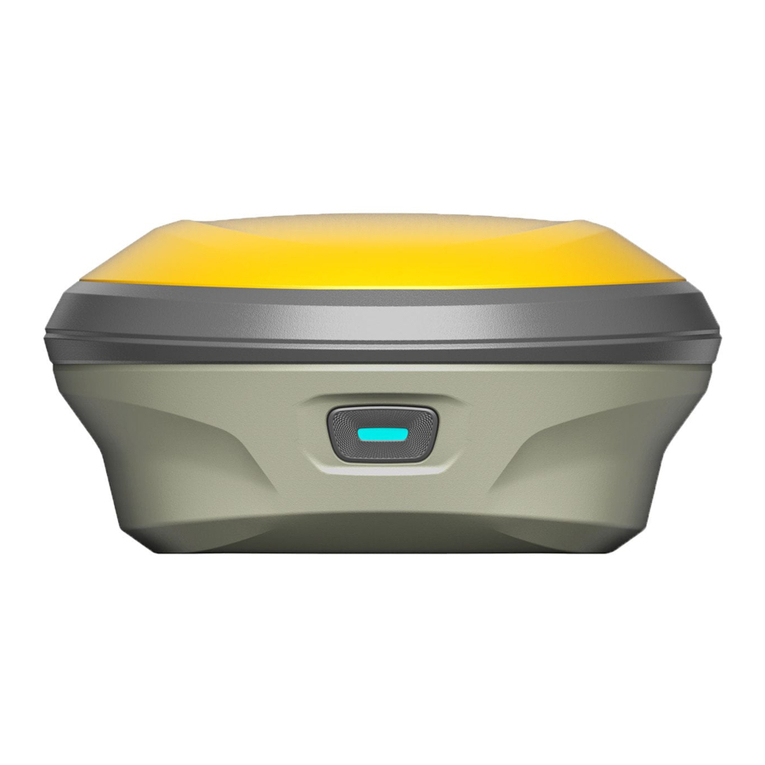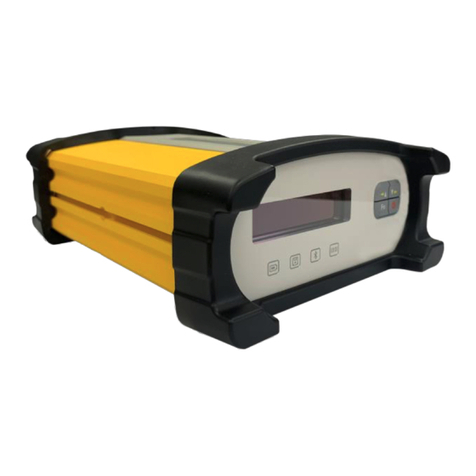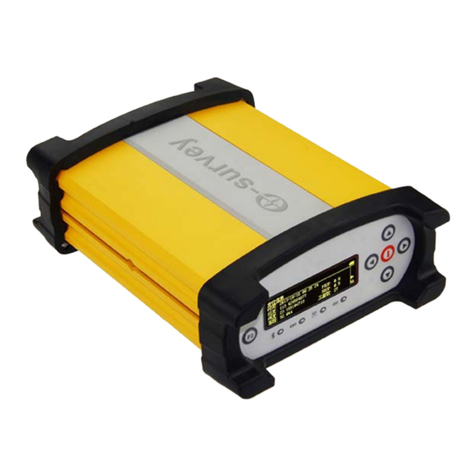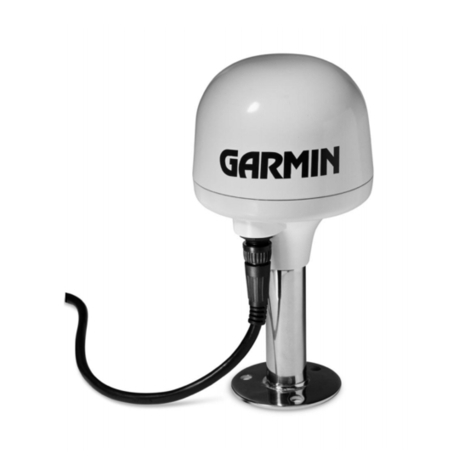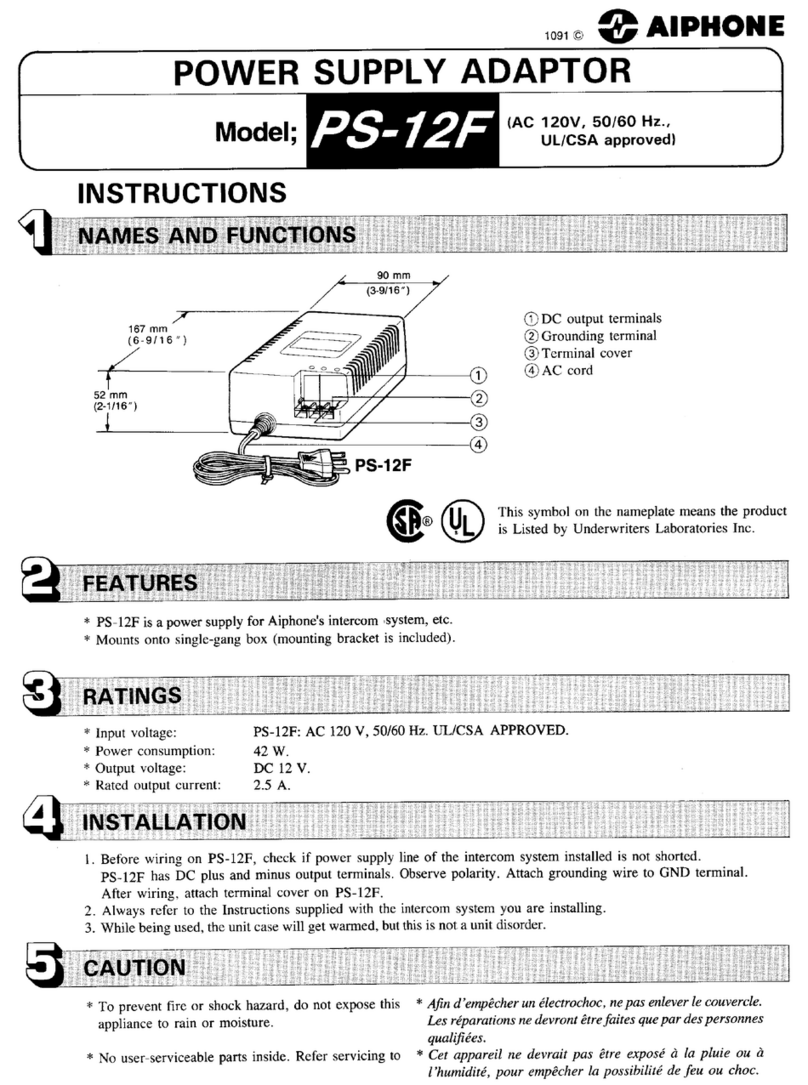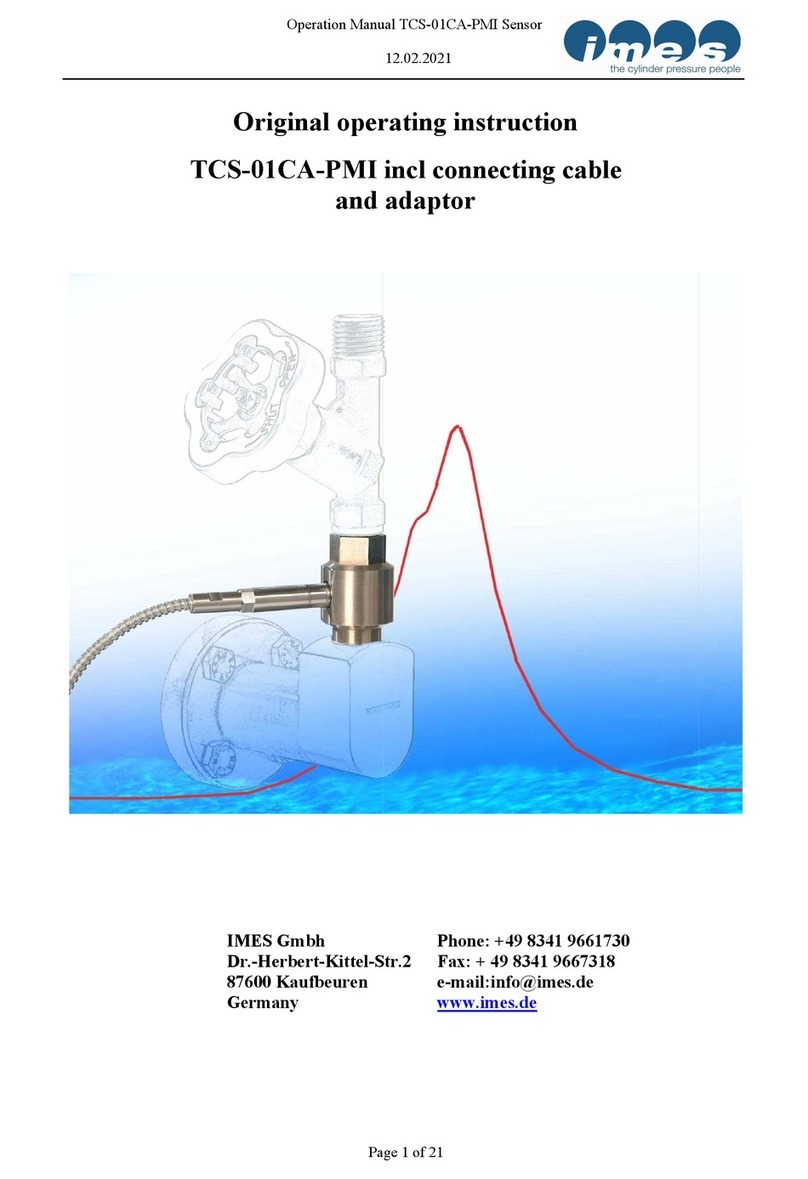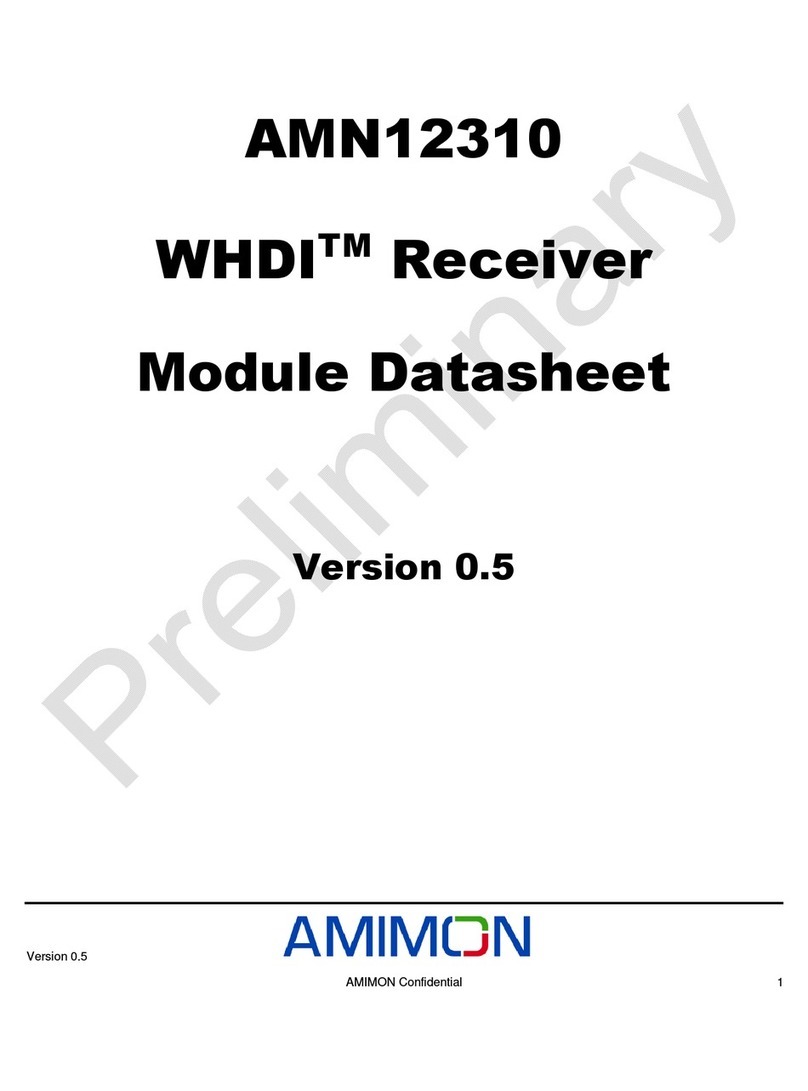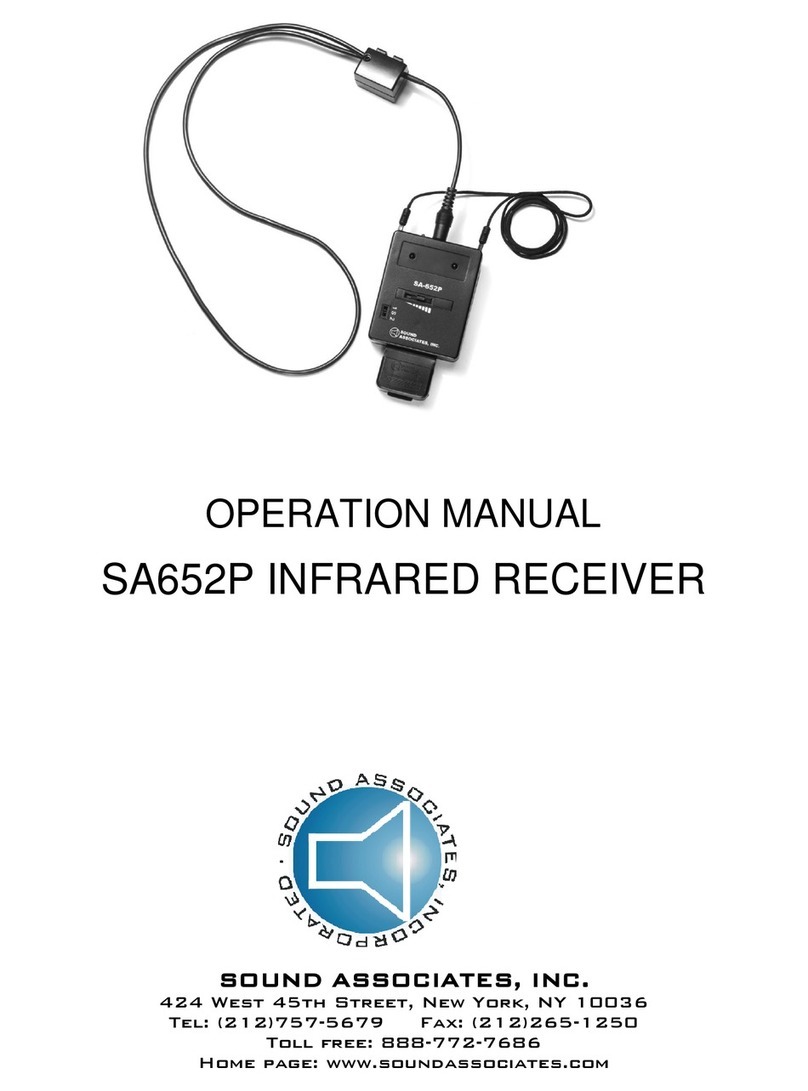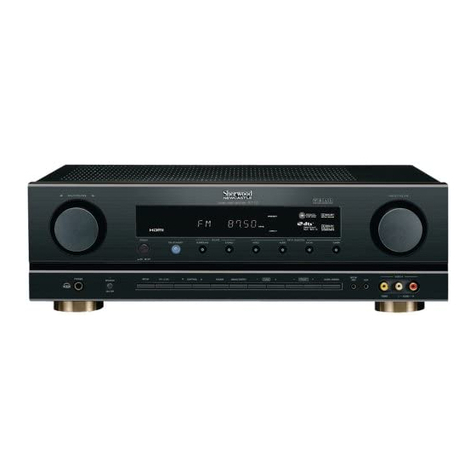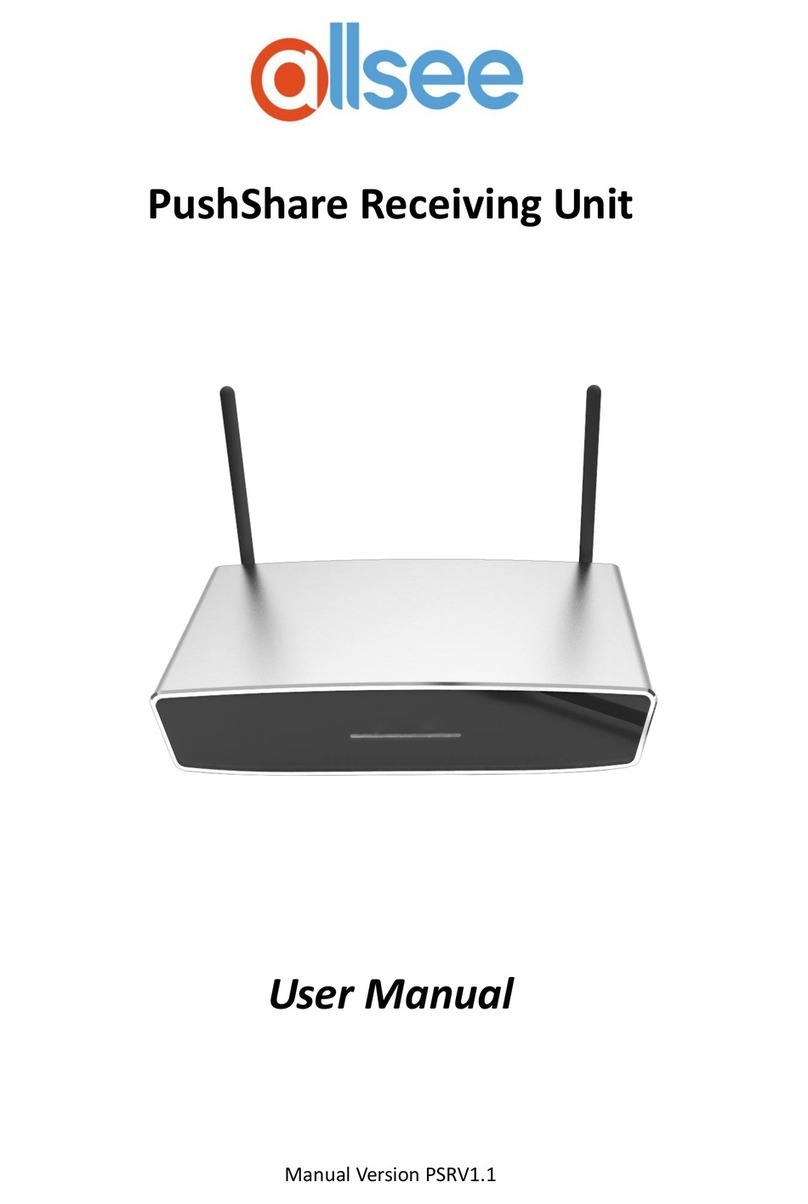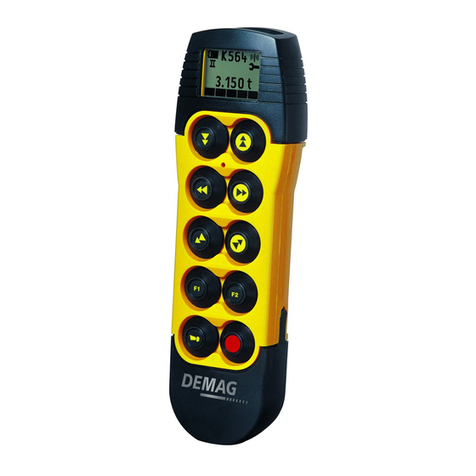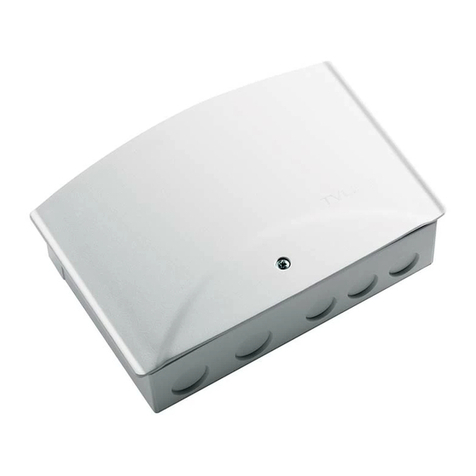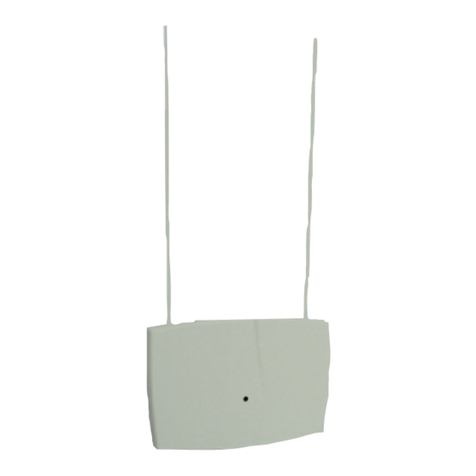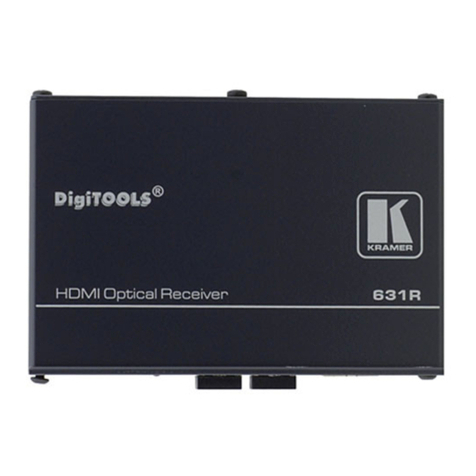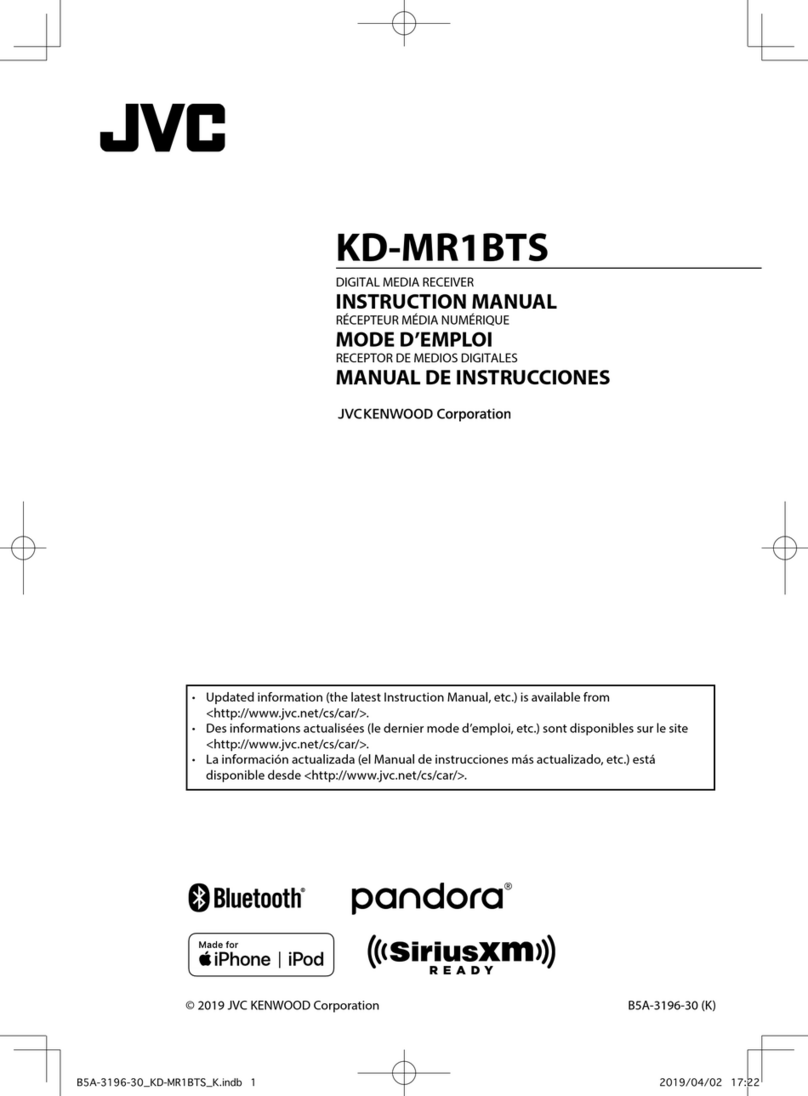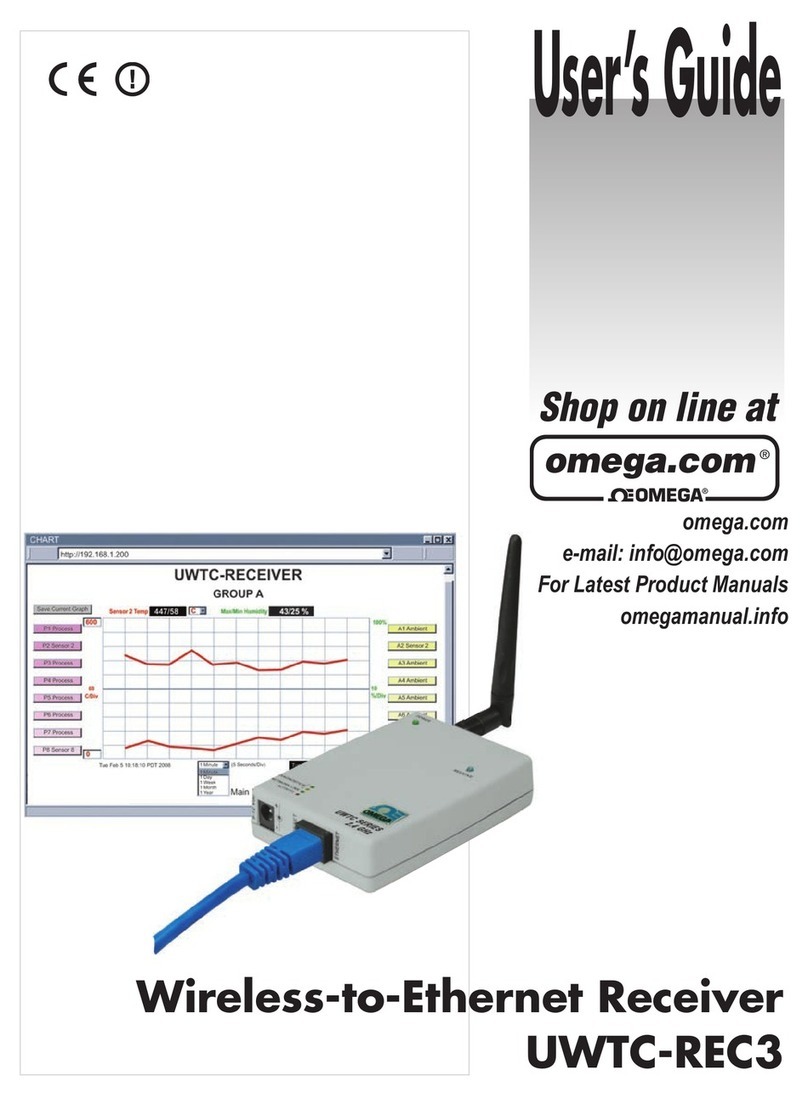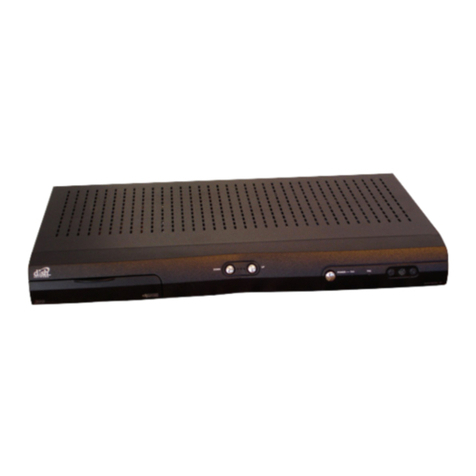E600 User Manual
Contents
1. Introduction ..........................................................................................................3
1.1 Appearance...................................................................................................3
1.2 Indicator........................................................................................................3
1.3 Interface........................................................................................................4
1.4 Pin definition.................................................................................................5
1.5 Power button................................................................................................5
2. Web User Interface...............................................................................................6
2.1 Position .........................................................................................................6
2.2 Satellites........................................................................................................6
2.3 Information...................................................................................................7
2.4 Working Mode ..............................................................................................7
2.5 Satellite Setting.............................................................................................7
2.6 Device Configuration.....................................................................................8
2.7 NMEA Message.............................................................................................8
2.8 View Logs ......................................................................................................9
2.9 Raw Data.......................................................................................................9
2.10 Backup Data ..................................................................................................9
2.11 Management...............................................................................................10
3. Basic Operation...................................................................................................10
3.1 Insert SIM and TF card ................................................................................10
3.2 Insert and remove battery..........................................................................10
3.3 Charge the battery......................................................................................11
3.4 Insert radio antenna ...................................................................................11
3.5 Measure antenna height.............................................................................11
3.6 E-bubble Calibration ...................................................................................12
4. Internal Radio......................................................................................................13
4.1 Default channel frequency..........................................................................13
4.2 Supported radio protocol ...........................................................................13
5. Standard Accessories..........................................................................................14
6. Technical Specifications......................................................................................15
7. Warranty Policy...................................................................................................16
